The Capital Stack
This week, we wanted to provide a glimpse into the varying levels of renovation we’re undertaking and how they’re impacting our properties. We’ll focus on two current projects: Milford Village Flats located in Milford, MI, and Village Court Apartments located in Ortonville, MI.
Milford Village Flats
Units: 16 units, all 1 bed / 1 bath
Average rent at acquisition: $811
Market Rent: $1,400
Renovation Budget: $22,000 per unit

The renovation at Milford Village is a complete overhaul, with a budget of $22,000 per unit. The typical scope of work includes installing new cabinetry, stainless steel appliances, new flooring, a tile bath surround, granite countertops, etc. These upgrades and exterior renovations have significantly increased the market rent potential to $1,400 per unit, a notable improvement from the original average rent.
We’ve owned Milford Flats for six months and have successfully renovated and leased 25% of the units at full target market rent. Starting with one vacant unit at closing, which was completed within a month, we’ve maintained a steady pace, renovating and leasing roughly one unit per month. Turnovers typically take 4-6 weeks, depending on what our contractor uncovers during demolition.

Village Court Apartments
Units: 16 units, all 2 bed / 1 bath
Average rent at acquisition: $1,037
Market Rent: $1,250
Renovation Budget: $4,000 per unit

The budget for renovations at Village Court Apartments is much lower at $4,000 per unit. Most units require new paint and deep cleaning, with some needing additional updates like tub glazing, new flooring, and fixtures. Despite the more modest scope of work, the renovations still support a significant rent increase to $1,250 per unit.
At Village Court, we’ve achieved our target market rent in 25% of the units within just two months of ownership. This was possible due to the light scope of work and the fact that we had three vacant units at closing. We completed the unit turns on all three vacant units within two weeks, and they were leased just two weeks later. Rather than full renovations, these were more “rent-ready” turns, involving painting, fixing anything broken, glazing tubs as needed, fixing flooring where necessary, and replacing laundry in one unit.

In Conclusion
By comparing these two projects, we can see how varying market rental rates influence our renovation budgets. At Village Court, we only need a budget of $4,000 per unit, an amount which we still have been well under, on our first few turns to achieve an approximate $200 rental increase. In contrast, at Milford, we are spending $22,000 per unit, which allows us to increase rent by nearly $600 per month. Milford represents a larger investment that leads to significant rent increases, while Village Court shows that smaller updates can still yield positive returns.
Major Market News
Rise of Wealthy Renters
An article by TheRealDeal highlights a growing trend of wealthy Americans, including millionaires, choosing to rent instead of buy homes. From 2018 to 2022, the share of renters with an annual income of $750,000 rose to 10.5%, marking the highest level of wealthy renters recorded. Similarly, 3.7% of households in the top 5% wealth bracket were renting in 2022, a record dating back to the 1990s. The rising cost of homeownership, including mortgage rates, property taxes, and insurance, has made renting more appealing even for the affluent. Developers are responding by designing properties with larger floor plans and luxury amenities tailored to long-term renters.
Source: TheRealDeal. (2024, September 16th)The rise of the millionaire renter. https://therealdeal.com/national/2024/09/16/the-rise-of-the-millionaire-renter/
Tips and Tricks
Terms-
Renovation Budget– A renovation budget refers to the planned financial allocation set aside for the costs associated with improving or upgrading a property. It includes expenses for materials, labor, and any additional services required to complete the renovation work. The renovation budget is tailored to the scope of the project and can vary based on the extent of the work, from minor cosmetic updates to full-scale overhauls. It helps ensure that the project stays financially manageable and aligned with expected outcomes, such as increased property value or rental income.

